Good people do not need laws to tell them to act responsibly, while bad people will find a way around the laws
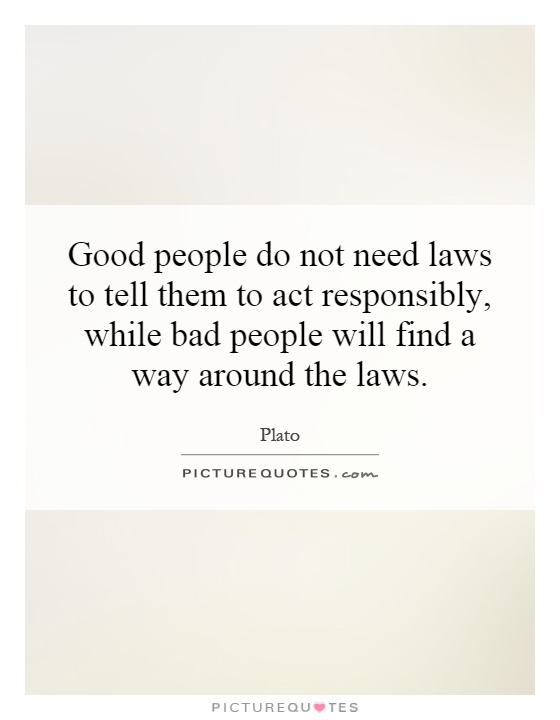
Good people do not need laws to tell them to act responsibly, while bad people will find a way around the laws
The statement "Good people do not need laws to tell them to act responsibly, while bad people will find a way around the laws" speaks to the inherent moral compass that guides individuals in their actions. It suggests that those who are inherently good will naturally act in a responsible and ethical manner, regardless of whether or not there are laws in place to govern their behavior. On the other hand, individuals who are inclined towards unethical or immoral behavior will always seek loopholes or ways to circumvent the laws that are meant to regulate their actions.In the context of "way", this statement highlights the resourcefulness and cunning nature of individuals who are intent on breaking the law. Bad people, by their very nature, are adept at finding ways to exploit weaknesses in the legal system in order to achieve their own selfish goals. They are willing to bend or break the rules in order to get what they want, even if it means resorting to deceit, manipulation, or coercion.
On the other hand, good people are guided by a sense of integrity and honesty that compels them to act in a responsible and ethical manner, regardless of the presence or absence of laws. They do not need external regulations to dictate their behavior because they are driven by a strong internal moral compass that guides them towards doing what is right.
However, it is important to note that the presence of laws is still crucial in maintaining order and justice within society. While good people may not need laws to tell them how to behave, laws serve as a deterrent for those who are inclined towards criminal behavior. They establish a framework of rules and consequences that help to protect the rights and well-being of all individuals within a community.


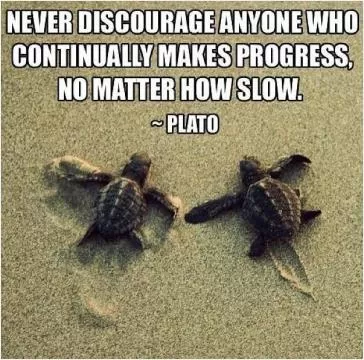

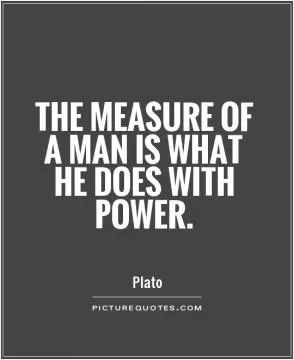
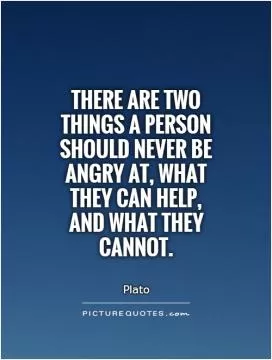




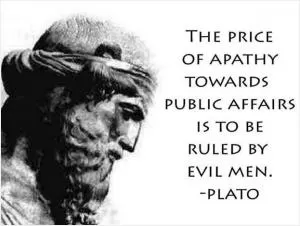

 Friendship Quotes
Friendship Quotes Love Quotes
Love Quotes Life Quotes
Life Quotes Funny Quotes
Funny Quotes Motivational Quotes
Motivational Quotes Inspirational Quotes
Inspirational Quotes